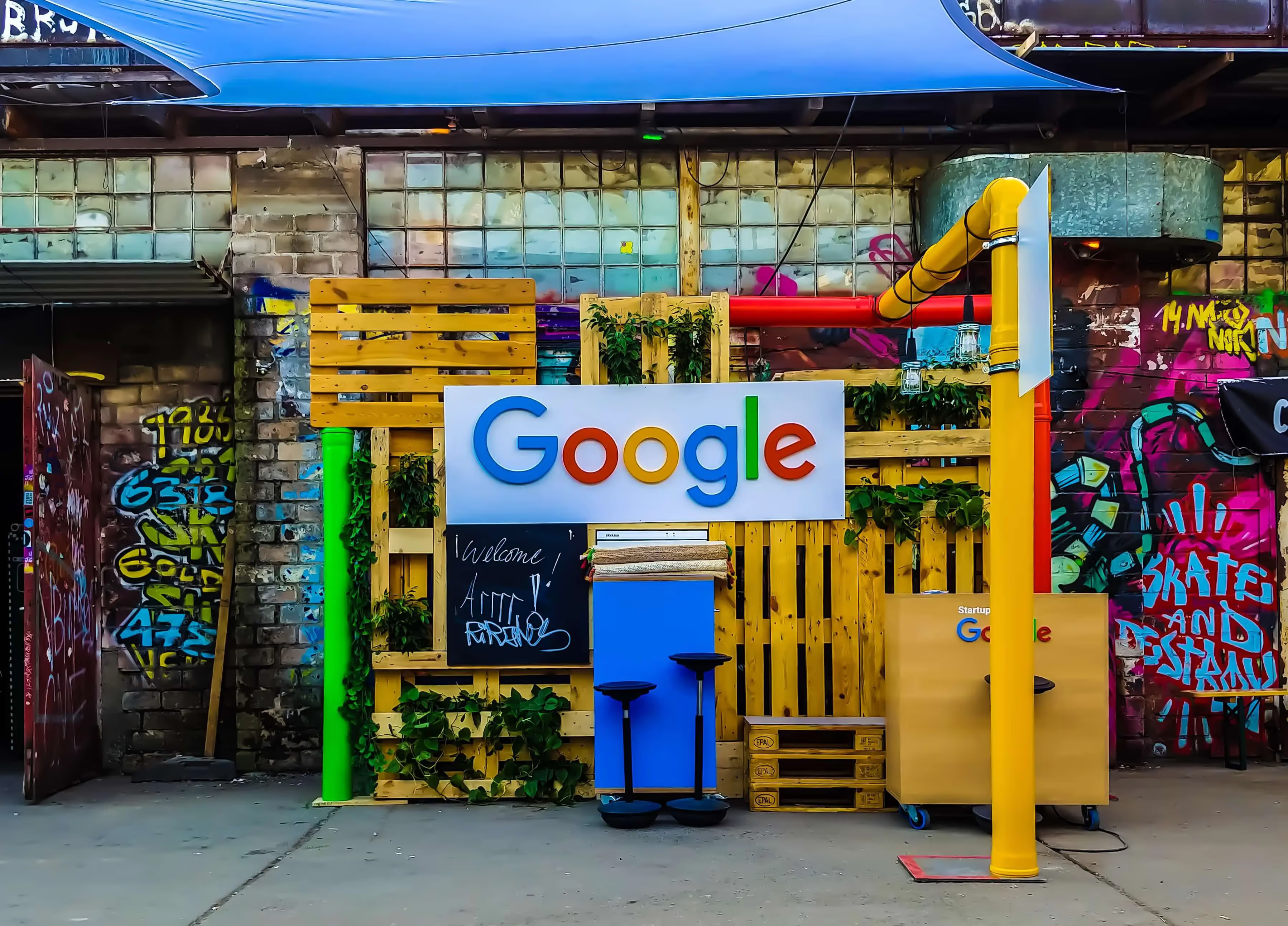The Impact of Social Media on eCommerce in 2024
January 6, 2022

Nowadays, you’d struggle to log into Facebook, Instagram or Twitter and not see an ad or two (or even 10). Marketing through social media is enormous, providing brands with the opportunity to bring their products and services to the attention of the masses. Social media’s impact on eCommerce is unrivalled in the marketing world, and the effective use of organic and paid social campaigns can be of great benefit to your company.
Online stores with a social media presence receive 32% more sales on average than stores without an online presence, so being available and active on various social media platforms can do wonders for your business.
Also, during the COVID-19 pandemic, social media engagement increased by 61%. Brands that were active on social platforms during this time would have, therefore, seen a considerable boost in customer acquisition and interaction.
Raise Brand Awareness
One main aim of all companies is to increase their brand awareness and bring new consumers into the business. The average customer is now estimated to encounter between 6,000-10,000 ads per day, rising from 5,000 in 2017, so it’s essential for brands to be active on social media.
There are many ways to increase brand awareness through social media; following trends and incorporating them into your marketing strategies is a great way to go viral & bring a lot more people into your brand. Trends are constantly changing, though, so it’s essential to keep up-to-date with what is and isn’t popular and how you can use this to help your brand awareness campaigns.
Potential customers also tend to research brands on social media to get an idea about the company they’re buying from. Pinterest is perfect for this, as companies can display photos and videos about their products.
Similarly, filling your social media bios with important information about your brand is ideal for first-time viewers, as they can grasp a particular image about the brand before looking at their posts. Stating: “free delivery available” will let customers know this without the need to scroll through certain pages on their website.
The Emergence of In-App Shopping
Many social media platforms have introduced in-app shopping, providing users with the opportunity to make purchases from the comfort of the app. Snapchat’s partnership with Verishop has allowed them to produce “Verishop Mini”, an in-app shopping service that lets users find and buy beauty and fashion products. They’ve also introduced an augmented reality tool, enabling shoppers to virtually try the products before buying, making it so much easier for customers to discover their next purchase.
Facebook and Instagram are two other platforms that have introduced in-app shopping features. Facebook’s came after they noticed a significantly large number of people (roughly 450 million) using buy and sell groups to search for and sell products, services & goods; this was introduced in 2016, with Instagram’s coming a year later. “Instagram Shopping” now has roughly 130 million monthly users, with 70% of shoppers looking to Instagram to help them with their subsequent online purchases.
Increase Brand Engagement & Improve Customer Loyalty
Similarly to brand awareness, building and maintaining your brand image is very important for businesses that use social media. According to a survey on Smart Insights, 56% of people unfollow brands on social media due to poor customer service. Social media opens a door for customer retention and engagement, as there can be a very thin line between retaining or losing customers based on their experience with a brand.
Before businesses had accounts on various social media platforms, it could become quite tasking for customers to contact them regarding issues or queries. Whilst you’re not guaranteed to receive a reply from Nike or Apple on Instagram, many companies are active on their social channels and provide regular feedback for their customer’s questions.
Easy for Consumer and Company
Social media has made it much easier for users to purchase online. With ads that send customers to a product directly, it’s become so quick to go from searching to purchasing in just a few clicks or taps. 87% of online shoppers who use Facebook platforms weekly ultimately bought the product they discovered on the platform.
Snapchat has also introduced an in-app feature whereby users can ‘snap’ a photo of a barcode and get sent to the product’s page on Amazon. This, however, does not work for every barcode, but it’s an excellent opportunity for users to easily purchase products on their phones, tablets, etc.
The Impact of Social Media on eCommerce in 2024
A survey conducted by Sprout Social found that 47% of consumers say they plan to use shopping features within a platform, such as TikTok Shop, Instagram Shop, and Facebook Shop.
Plus, out of those surveyed, 65% of people aged 25-40 planned to use the Shop feature on a platform, with 46% of 18-24-year-olds and 45% of 41-56-year-olds saying the same.
It’s clear that in-app shopping has captivated the market. The ease of purchase it brings has proven so popular amongst the digital generation, with users not even having to leave the app they’ve been on to make a purchase.
You could be scrolling through TikTok, see a video of someone promoting a particular product, and make a purchase within one minute, allowing you to continue scrolling once again. If you wanted to go to the shop to buy the same thing, it’d take you a minute to get your shoes on and muster the energy to even leave.
According to Tidio, around 1 million Facebook users buy things on the platform monthly. The social commerce marketing is growing and growing rapidly.
On top of this, Statistica predicts that sales via social media will reach just shy of $1.7 billion in 2024, $2.2 billion in 2025, and nearly $3 billion in 2026!
If you’re not already incorporating social media into your eCommerce strategy in 2024, then what are you waiting for?
If you’re unsure of exactly how you can do this, get in touch and find out more about our paid social services and what we can also offer with PPC, email marketing, B2B, social media management, UGC video ads, and more.
We’re offering FREE (yes, free!) audits, so click here to claim yours.
Get In Touch
Swipe to Read
.avif)


.avif)
.avif)
.png)
.png)
















.svg)